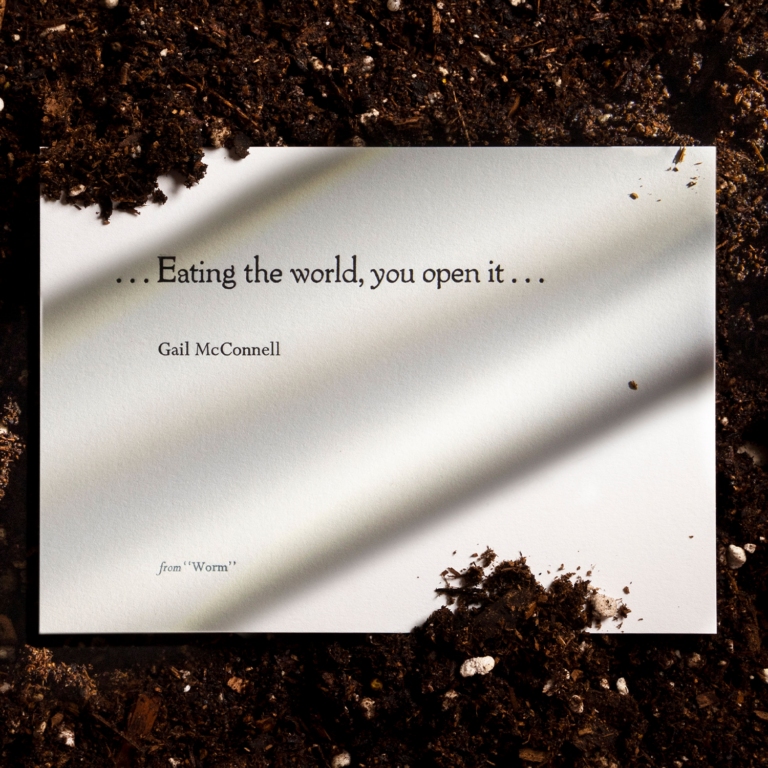The Conversation We Must Have with Our White Children
As news of the police murders of both Alton Sterling and Philando Castile hit headlines this week, adults have rightly despaired — and if they aren’t, they damn well should be. But it is children who have expressed the purest form of grief and courage tantamount to the tragedies we are witnessing and the challenges we are facing:
“Cameron Sterling, Alton Sterling’s 15-year-old son, trying to cover up his sobs with the collar of his brightly striped T-shirt during a press conference, then bravely turning to the group of men — presumably family and friends — behind him to be embraced and comforted. Their big hands patting his back. The utter, unadulterated heartbreak.
‘It’s okay, mama,’ Diamond Reynolds’s 4-year-old daughter says in the Facebook live video as her mother’s boyfriend, Philando Castile, screams as he dies in great pain. ‘It’s okay, I’m right here with you.’
We are proving ourselves unworthy of these children.
When we — specifically white people — behave or talk as if racism no longer exists, or as if it has nothing to do with us, we aren’t just proving ourselves deeply and stubbornly ignorant about the continued realities of structural racism, about the legacies of violence and discrimination that still pump through our very own hearts and bank accounts, but we neglect these children. We condone the violence they are confronting. We collude in their suffering — not to mention that of the adults who love them and are loved by them.
What of our own children? Are we worthy of them? Are we creating a world that conspires to make them moral citizens or moral sleepwalkers?
I think about this as I watch the tweets roll in:
Case in point: here’s a conversation that I will never have to have with my children:
Do whatever the man in uniform says. Don’t make eye contact. Don’t raise your voice. Don’t reach into your pockets. Don’t defend yourself. Don’t resist. Pray like hell that someone records footage of the interaction. You might do all of these things, and still, you might not be protected. The footage will foment outrage, but it can do nothing to bring you back.
Instead, I’m going to have some version of this conversation with my children for the rest of our lives:
As a white child, you are afforded a range of privileges and protections that children of color are not afforded and it’s important for you to recognize this and actively work to change it. This is deeply and historically rooted. This country was founded, yes on optimism and pluralism, but also on slave labor, exploitation, violence, dehumanization. Don’t get bogged down in the guilt or shame of this history, but know it. Your story, our story, is a part of that.
The only way to “move on” from that reality is to never “move on,” to understand that just as people of color have to spend a lifetime thinking about their own skin color and how it affects the way they are able to walk through the world, you are walking through the world, this country, this city, these streets, as a white person.
Make it a part of your daily consciousness even when it seems tiring and burdensome (this is not a choice for people of color, nor is it for you). Commit to interrogating the privileges that you inherit and constantly look for creative ways to subvert hierarchies, redistribute power, connect the unconnected.
Understand that this isn’t about being a “good white person.” This is about being brave and convicted and imperfect and tireless and loving and devastated and sometimes feeling dumb about how to make change and taking it personally. You are not above bias and racism. Apologize when you say or do something racist. Shut up and ask questions.Make real friends who will push you and hold you accountable. Push and hold other white people accountable. Push and hold other white people accountable. Push and hold other white people accountable.


Share your reflection